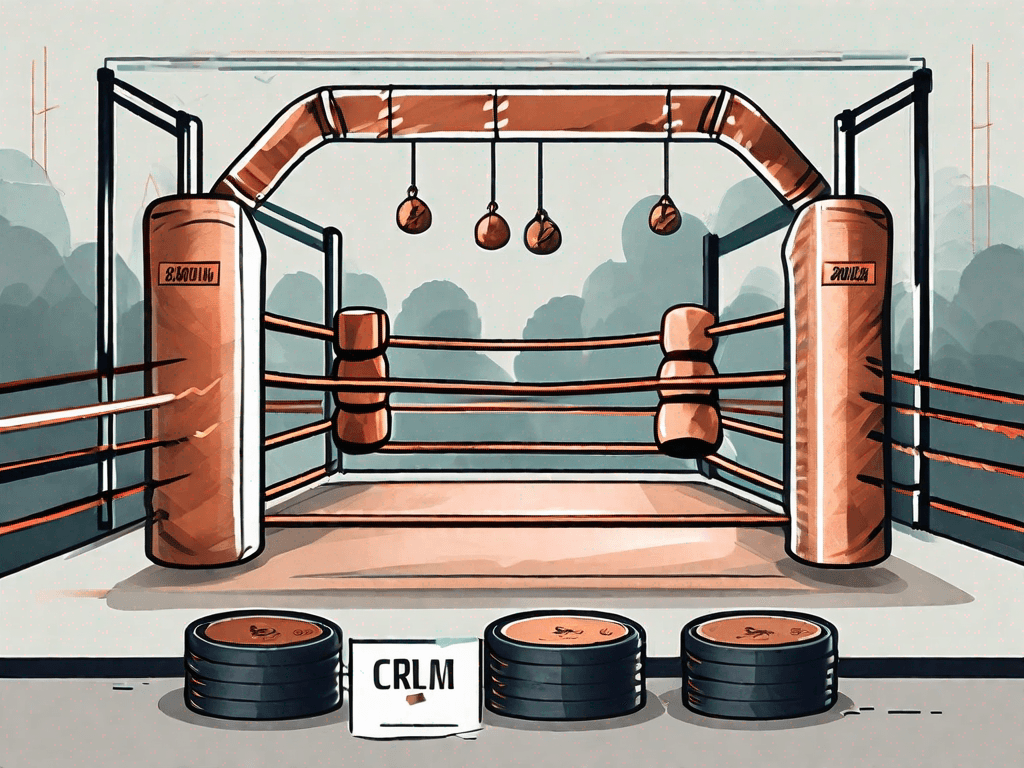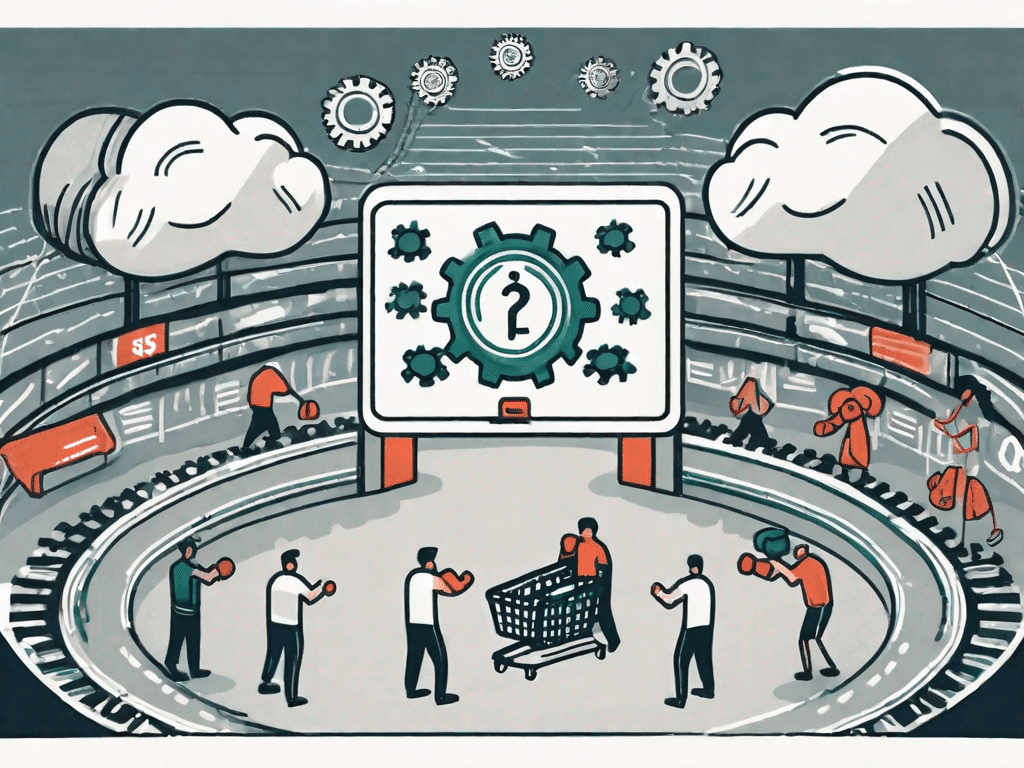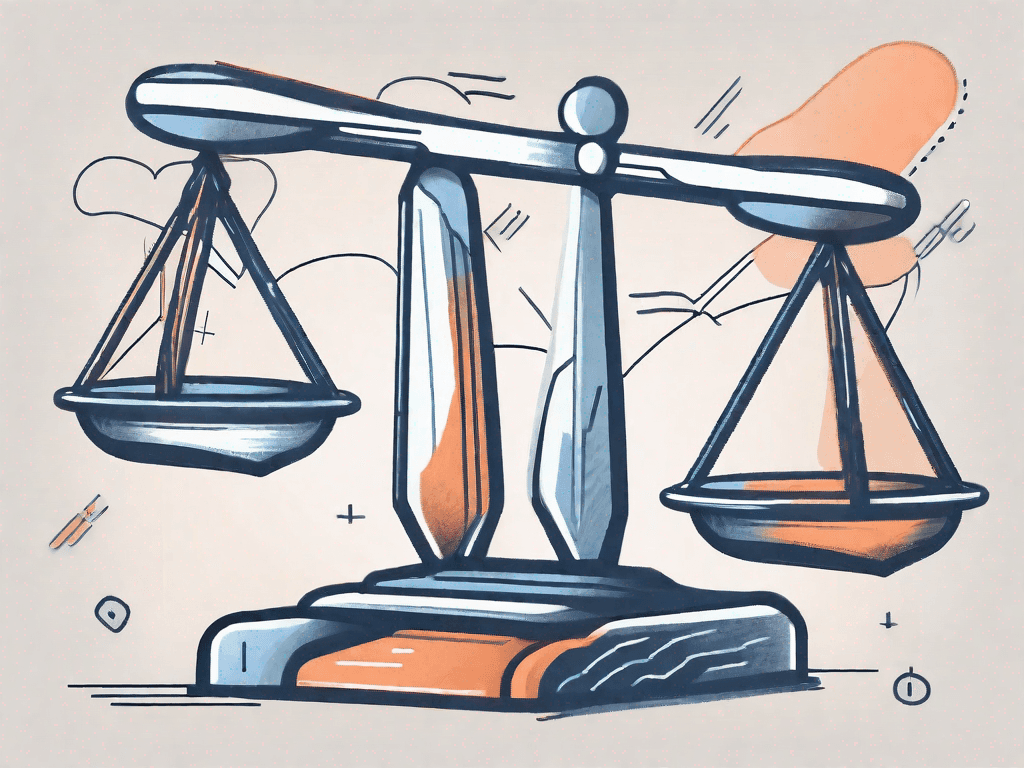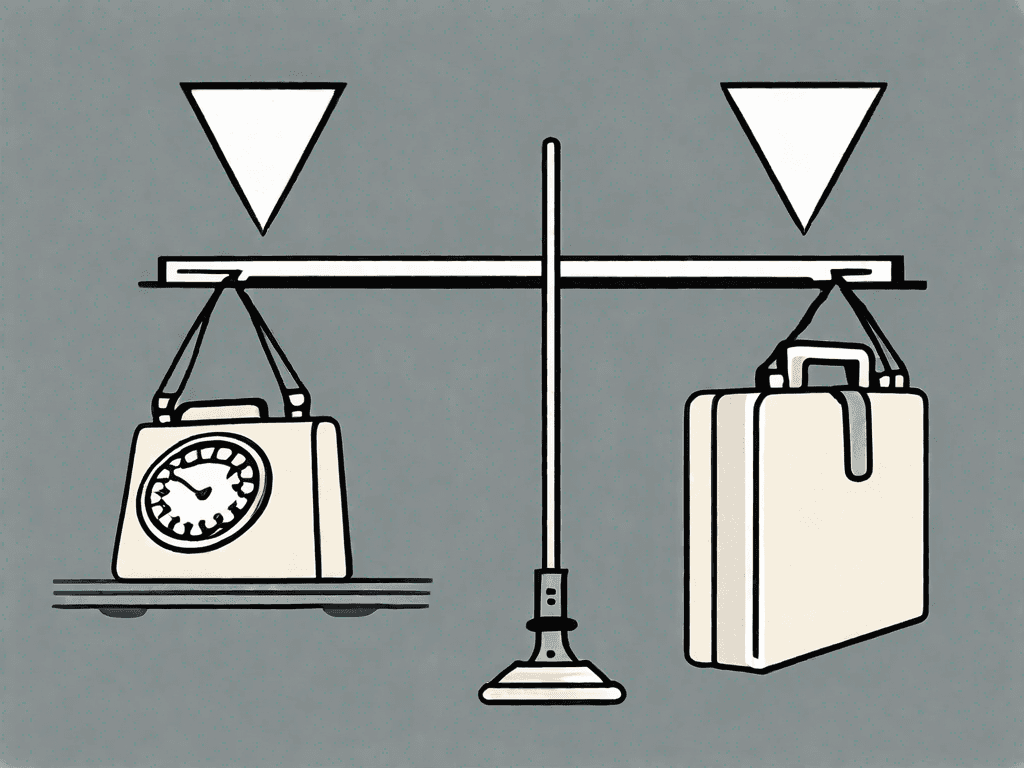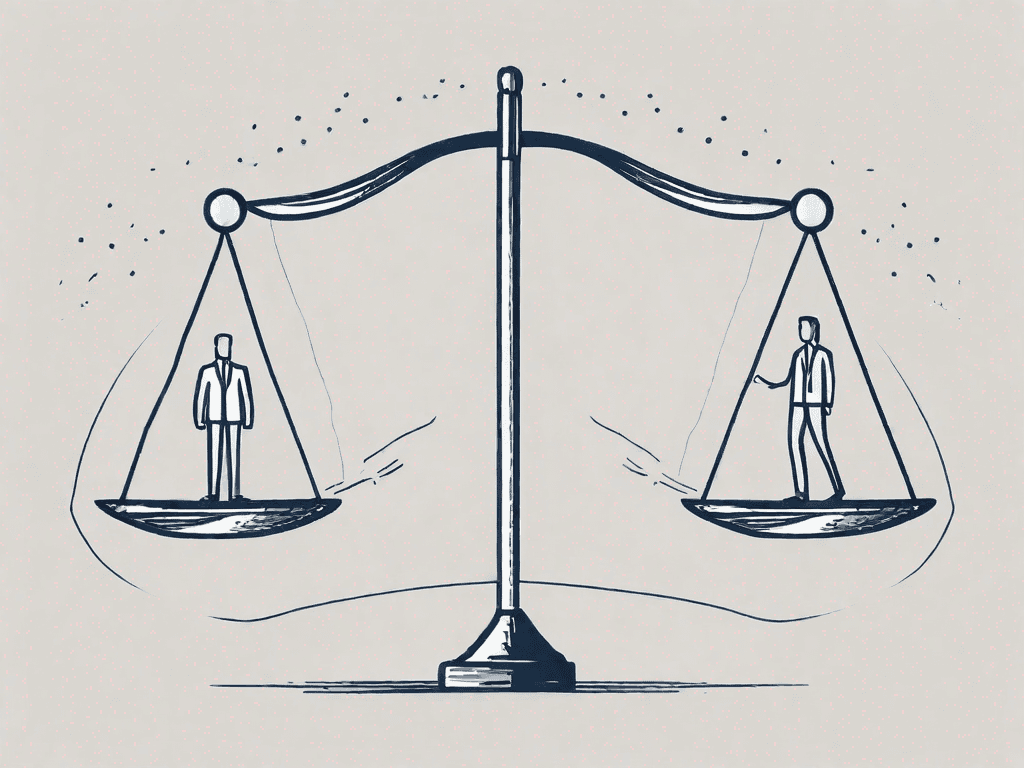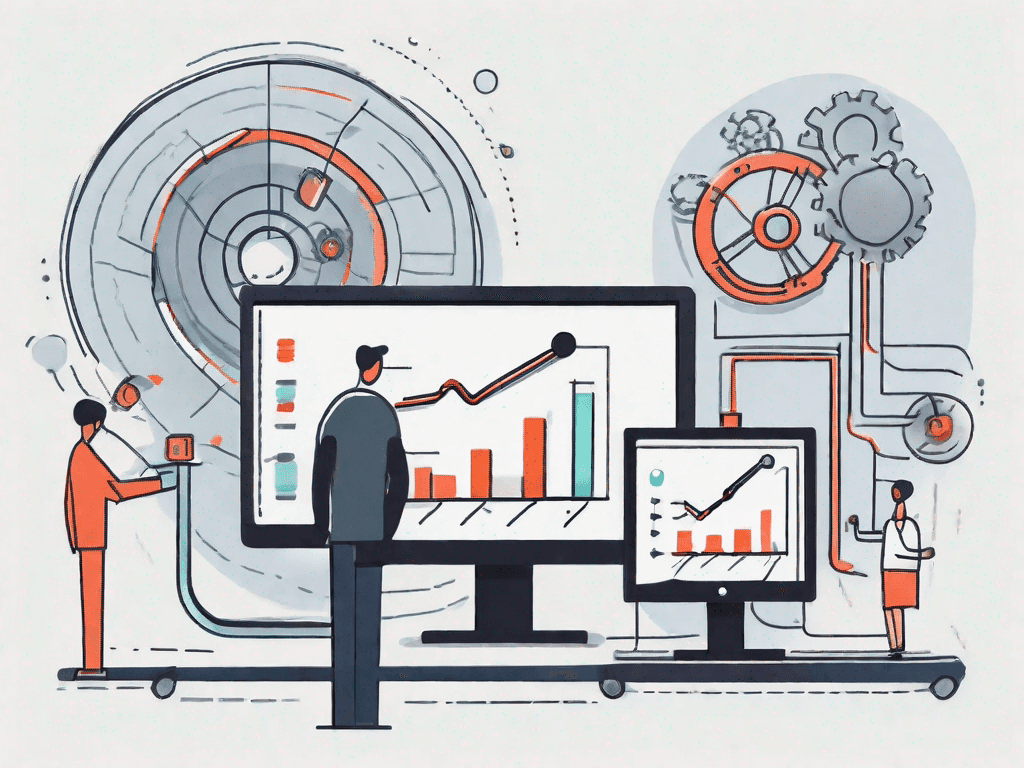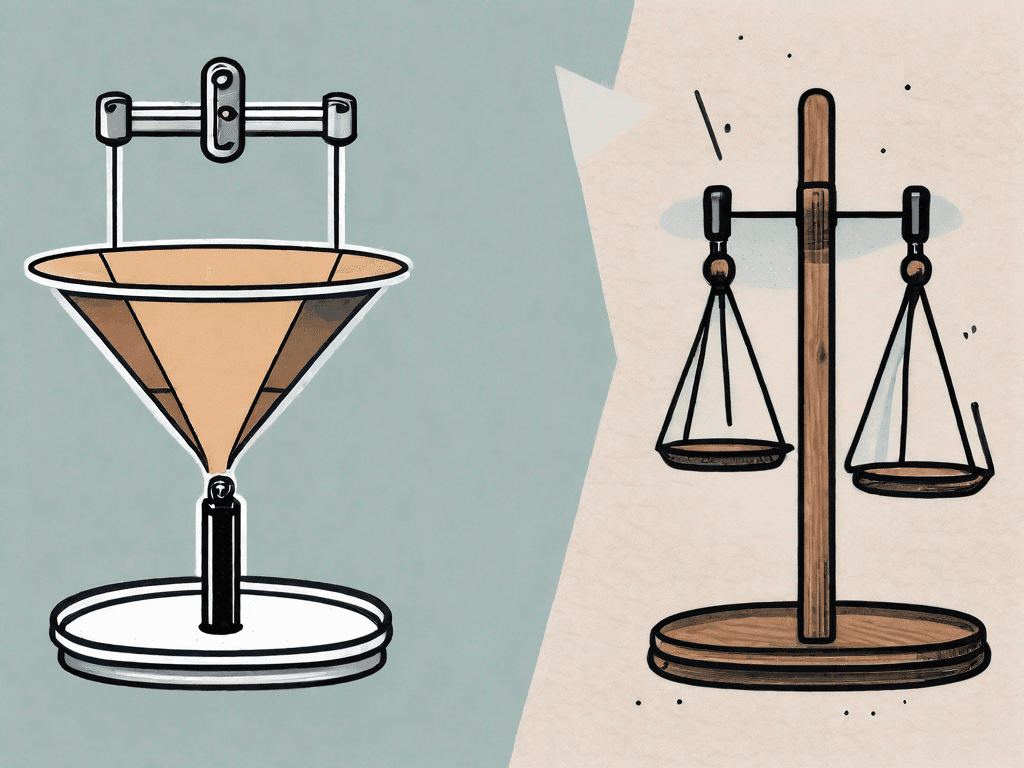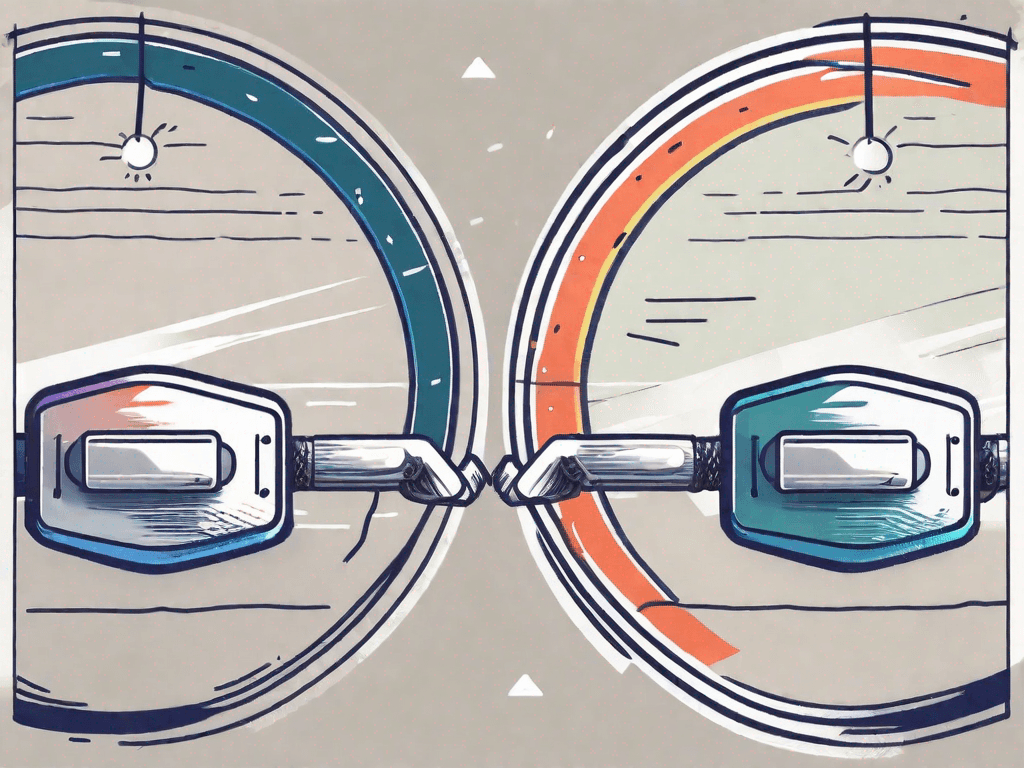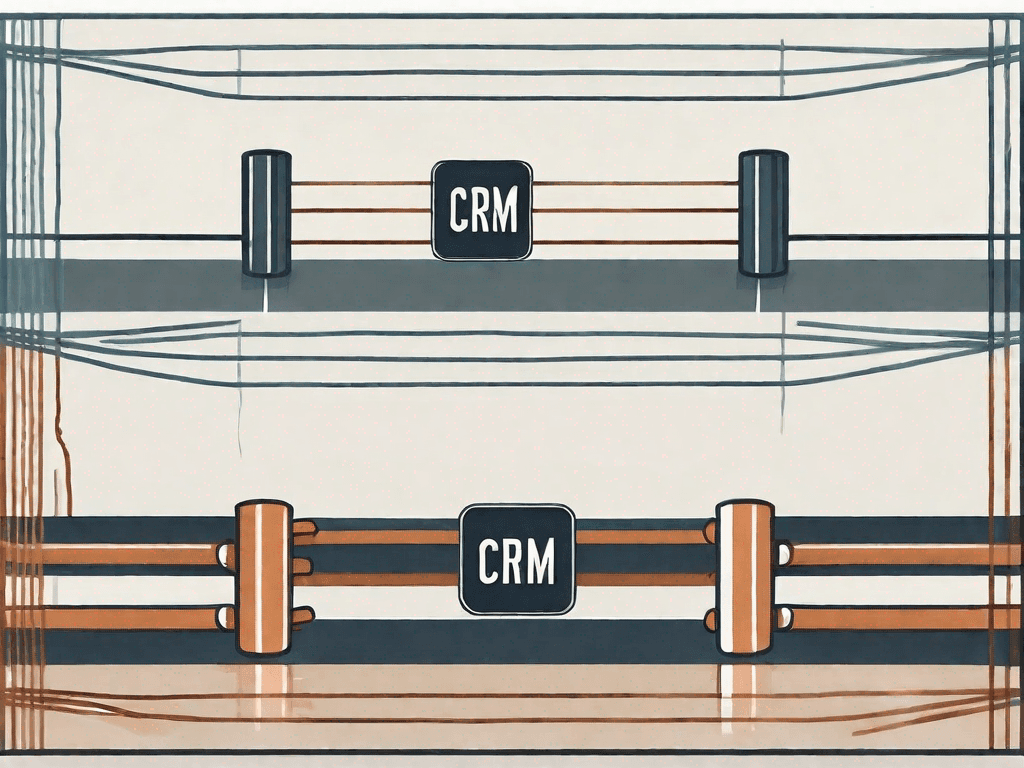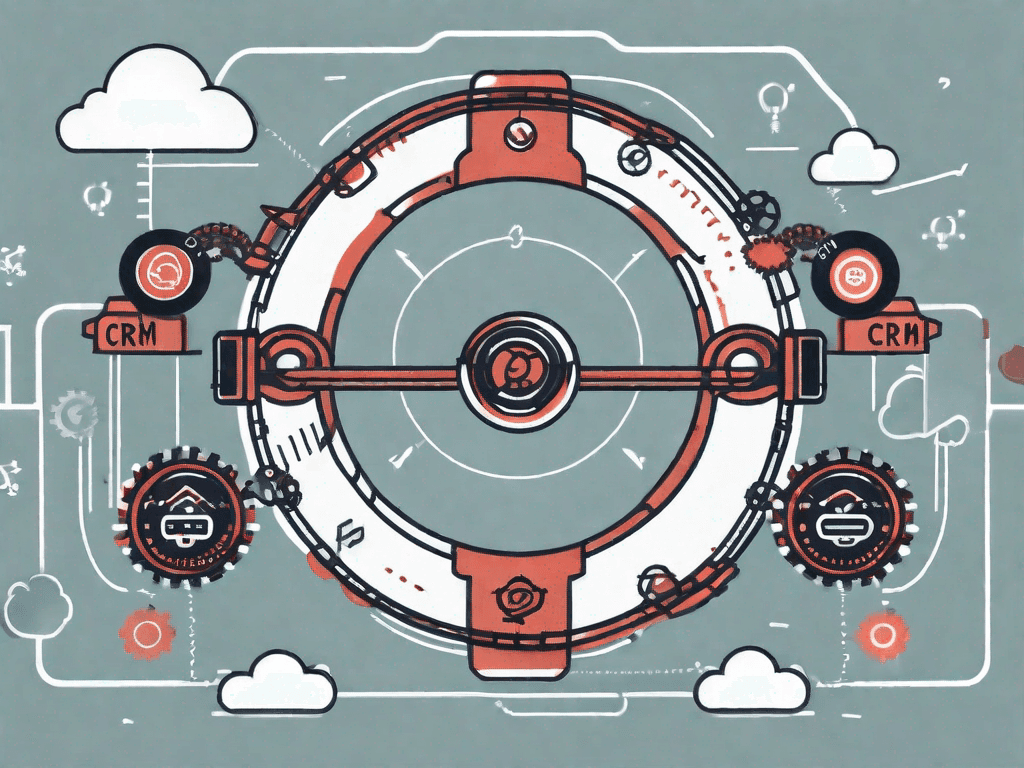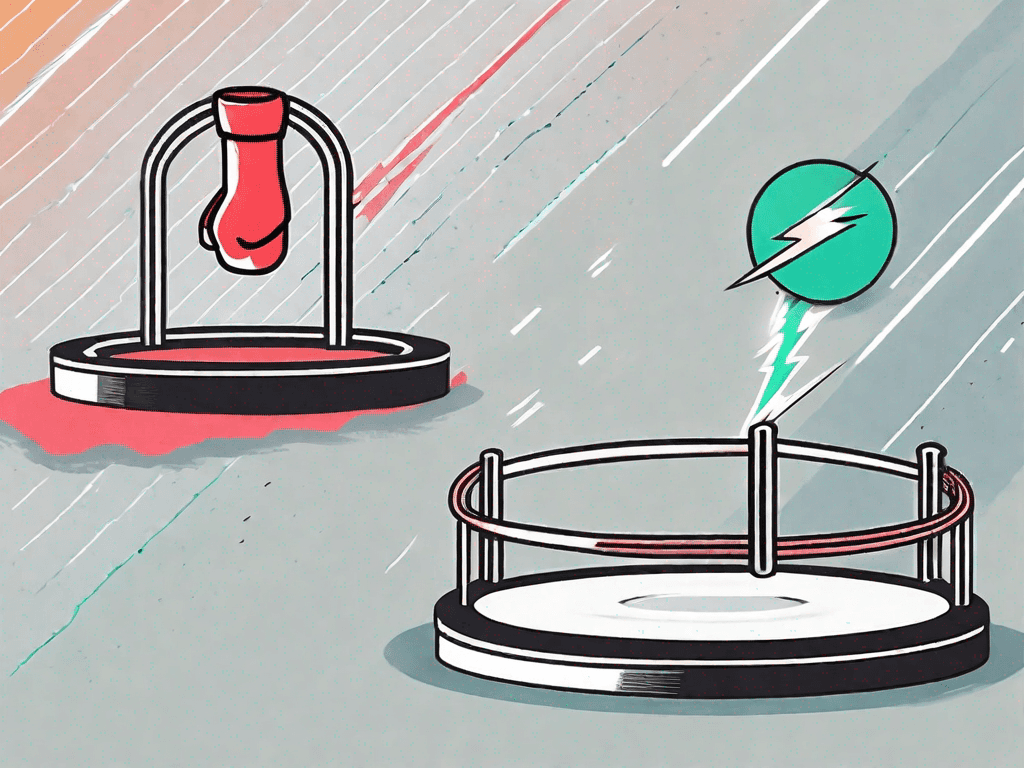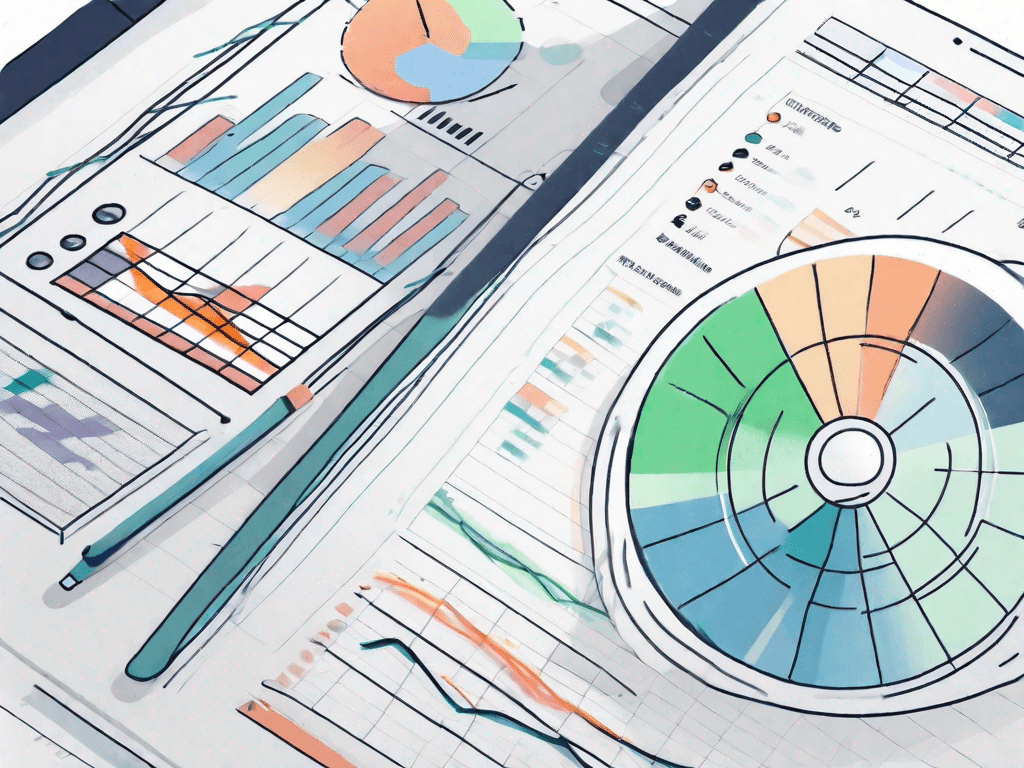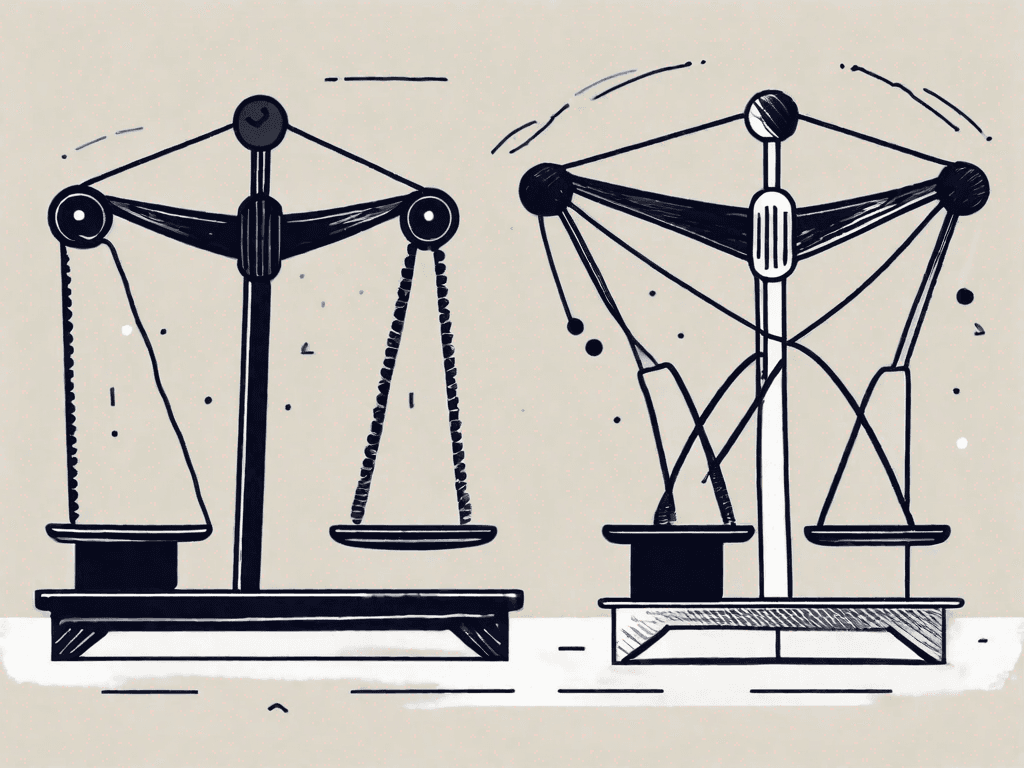
Sugar CRM vs Spreadsheets: Which CRM is the Best?
In today's data-driven business landscape, having an effective Customer Relationship Management (CRM) system is essential for companies to better manage their customer interactions and drive growth. However, choosing the right CRM platform can be a daunting task, especially with the various options available. Two popular choices that often come up in this debate are Sugar CRM and Spreadsheets. In this article, we will compare the pros and cons of Sugar CRM and Spreadsheets to determine which CRM is the best fit for your business needs
Pros and Cons of Sugar CRM and Spreadsheets
Sugar CRM is a powerful CRM software that streamlines sales, marketing, and service processes. It offers a range of features, including contact management, lead generation, opportunity tracking, and customer support. One of the main advantages of Sugar CRM is its user-friendly interface, which makes it easy for employees to navigate and use effectively.
On the other hand, Spreadsheets, typically Excel, is widely used for managing customer information. While it may seem like a cost-effective solution, it has its limitations. Spreadsheets lack automation and centralization, leading to data inconsistencies and difficulties in collaboration. Additionally, they are not specifically designed for CRM purposes, making them less efficient in managing customer interactions.
Sugar CRM
Sugar CRM offers a comprehensive set of tools that help businesses automate their sales processes and improve customer engagement. With features such as lead management, opportunity tracking, and email integration, Sugar CRM empowers sales teams to streamline their workflow and close deals more efficiently.
The platform also provides insightful reporting and analytics capabilities, allowing businesses to gain valuable insights into their sales performance and make data-driven decisions. Moreover, Sugar CRM can be customized and tailored to meet specific business requirements, ensuring scalability as your organization grows.
One of the key advantages of Sugar CRM is its ability to integrate with other business systems, such as marketing automation platforms and customer service software. This integration allows for seamless data flow and eliminates the need for manual data entry, reducing the risk of errors and saving time for employees.
Furthermore, Sugar CRM offers a mobile app that enables sales representatives to access customer information and update records on the go. This mobility enhances productivity and allows for real-time collaboration between team members, regardless of their location.
Cons of Sugar CRM
While Sugar CRM is a robust CRM solution, it does have a few drawbacks. One potential downside is the cost. Sugar CRM offers different pricing plans, including a free trial, but these plans might be too expensive for small businesses with limited budgets. However, it's important to consider the return on investment that Sugar CRM can provide in terms of improved sales efficiency and customer satisfaction.
Additionally, some users may find the learning curve to be steep, requiring proper training and support to use the platform effectively. However, Sugar CRM provides extensive documentation, training resources, and a dedicated support team to assist users in getting up to speed with the software.
Cons of Spreadsheets
When it comes to using Spreadsheets as a CRM tool, there are several disadvantages. Firstly, as mentioned earlier, Spreadsheets lack automation and centralization. This can result in data duplication, errors, and inconsistencies, making it challenging to maintain accurate customer records. Furthermore, as the data volume grows, managing and analyzing data in Spreadsheets becomes increasingly time-consuming and inefficient.
Another drawback of using Spreadsheets as a CRM solution is the limited collaboration capabilities. Multiple users trying to update and access the same files simultaneously can lead to version conflicts and data loss, hindering teamwork and productivity. In contrast, Sugar CRM provides real-time collaboration and data synchronization, allowing multiple users to work together seamlessly.
Key Differences between Sugar CRM and Spreadsheets
There are several key differences to consider when comparing Sugar CRM and Spreadsheets. Firstly, Sugar CRM is a dedicated CRM platform designed specifically for managing customer interactions, while Spreadsheets are primarily designed for data manipulation and analysis.
Secondly, Sugar CRM offers automation features that streamline sales processes and save valuable time for your sales team. In contrast, Spreadsheets require manual data entry and lack functionality for automated actions.
Lastly, Sugar CRM provides real-time collaboration and data synchronization, allowing multiple users to work together seamlessly. In Spreadsheets, collaboration is limited and often leads to complications when multiple team members need to access and update the data simultaneously.
How does Sugar CRM pricing compare to Spreadsheets?
Sugar CRM Pricing
Sugar CRM offers a range of pricing plans to cater to different business requirements. The pricing model is based on a per-user-per-month basis, which allows businesses to scale their CRM usage as needed. The pricing tiers include a free trial, as well as various paid plans with different feature sets and support levels.
With Sugar CRM, businesses have the flexibility to choose a plan that best suits their needs and budget. The free trial allows users to test out the CRM software and evaluate its effectiveness before committing to a paid plan. This ensures that businesses can make an informed decision and only pay for the features and support they require.
Furthermore, Sugar CRM's pricing structure allows businesses to easily scale their CRM usage as their needs grow. This means that businesses can start with a lower-priced plan and upgrade to a higher-priced plan as their customer base expands or their CRM requirements become more complex. This scalability ensures that businesses can continue to effectively manage their customer relationships without incurring unnecessary costs.
Spreadsheets Pricing
Spreadsheets, such as Excel, are often bundled with productivity software suites or come pre-installed on computers, making it a cost-effective option. However, considering the limitations and drawbacks mentioned earlier, the true cost of using Spreadsheets as a CRM tool goes beyond the initial purchase price.
While Spreadsheets may seem like a budget-friendly option, businesses need to consider the hidden costs associated with using them as a CRM tool. One of the main drawbacks of using Spreadsheets is the lack of dedicated CRM functionality. Unlike Sugar CRM, Spreadsheets do not offer features specifically designed for managing customer relationships, such as contact management, lead tracking, or sales forecasting.
As a result, businesses using Spreadsheets as a CRM tool may need to invest additional time and resources into manual data entry and management. This can lead to data inconsistencies, errors, and inefficiencies. The time spent on manual data entry and management could be better utilized on more strategic tasks, such as nurturing customer relationships or analyzing sales data.
Pricing comparison
When comparing the pricing of Sugar CRM and Spreadsheets, it's crucial to consider the value each solution brings to your business. Sugar CRM offers a comprehensive set of CRM features, automation capabilities, and collaborative functionalities that can significantly improve your team's productivity and efficiency.
With Sugar CRM, businesses can streamline their sales processes, automate repetitive tasks, and gain valuable insights into their customer base. These features can help businesses increase their sales revenue, improve customer satisfaction, and drive overall business growth.
On the other hand, Spreadsheets lack the dedicated CRM functionality offered by Sugar CRM. While Spreadsheets may have a lower upfront cost, businesses using them as a CRM tool may face hidden costs due to manual data entry processes and data inconsistencies. These hidden costs can impact productivity and hinder business growth.
In conclusion, while Spreadsheets may seem like a cost-effective option, businesses should carefully evaluate their CRM needs and consider the long-term benefits of investing in a dedicated CRM solution like Sugar CRM. The comprehensive features, scalability, and automation capabilities of Sugar CRM can provide businesses with a competitive edge and drive success in managing customer relationships.
How do Sugar CRM integrations compare to Spreadsheets?
Sugar CRM integrations
Sugar CRM offers a wide range of integrations with popular business tools such as email marketing platforms, customer support software, and project management systems. These integrations allow businesses to create a seamless workflow by connecting their CRM with other essential tools and systems they already use.
Spreadsheets Integrations
Spreadsheets, while they can integrate with some business tools, lack the dedicated CRM integrations and functionalities that Sugar CRM provides. Integrating Spreadsheets with other systems often requires manual data export/import processes, which can be time-consuming and error-prone.
Which one is the Best for You?
The Best for Salespeople
If you're primarily focused on sales and need a CRM solution that streamlines your sales processes, tracks opportunities, and provides insightful analytics, Sugar CRM is the best choice. Its automation capabilities and user-friendly interface enable salespeople to work more efficiently and close deals effectively.
The Best for Consultants
For consultants, Sugar CRM offers powerful functionality to manage client relationships, track project progress, and effectively communicate with clients. Its customizable nature allows consultants to tailor the platform to their specific needs, providing a comprehensive solution to manage their consulting operations.
The Best for Digital Marketing Agencies
When it comes to digital marketing agencies, Sugar CRM's integration capabilities with popular marketing automation platforms, such as HubSpot or Mailchimp, make it the ideal choice. The ability to sync customer data, track marketing campaigns, and measure the effectiveness of marketing efforts provides a holistic view of the customer journey and helps optimize marketing strategies.
In conclusion, while Spreadsheets may seem like a cost-effective solution on the surface, their limitations and lack of dedicated CRM functionality make them less efficient in managing customer interactions. On the other hand, Sugar CRM offers a comprehensive CRM solution with powerful features, integrations, and automation capabilities that can significantly improve your business's sales, marketing, and customer service processes. Choose Sugar CRM for a more streamlined and efficient CRM experience.










![The 8 Best Social CRM Software in 2025 [Comparison]](https://framerusercontent.com/images/RYHyYapdgIi83BEWtMdX418.png)
![The 6 Best LinkedIn CRM in 2025 [Comparison]](https://framerusercontent.com/images/Luywfni7ZKjb19yghbhNPy4I4qQ.png)




![The 5 Best Twitter CRM [Comparison]](https://framerusercontent.com/images/EWcbvYnVZglJLO8jp3OlHkTvsHo.png)

































































































































































